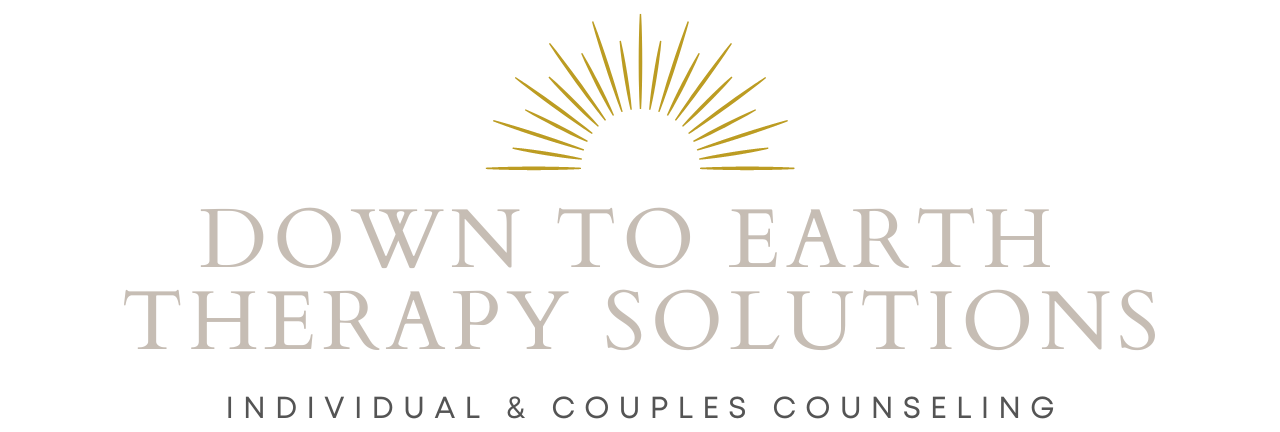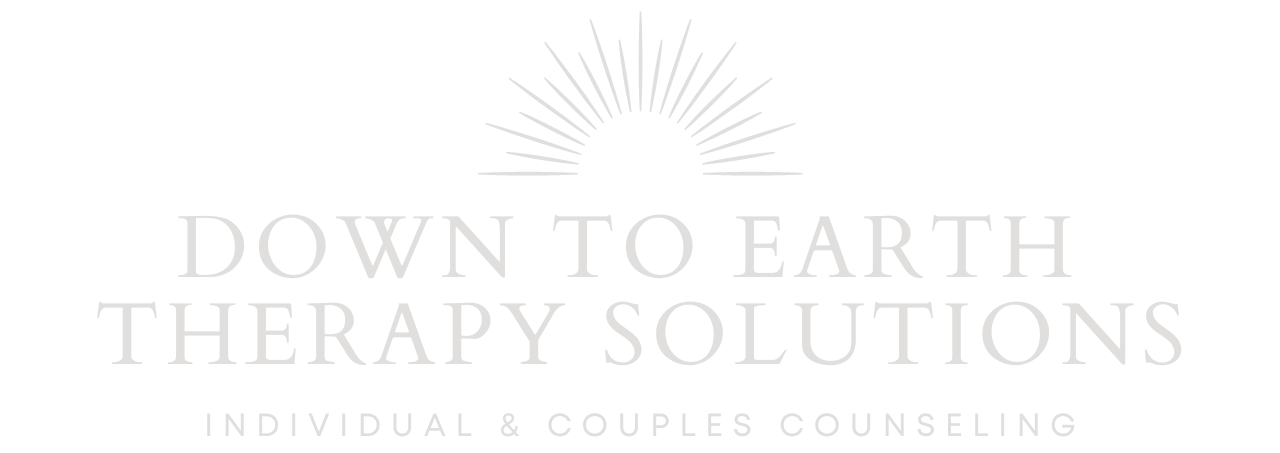In relationships, whether romantic, familial, or platonic, disagreements are inevitable and expected. It’s natural for two people to have different opinions, wants, desires, and needs. However, it’s not the disagreements themselves that can damage a relationship, but how we decide to handle ourselves during them. Fair fighting, or the ability to approach disagreements with respect, empathy, and a mindset of collaboration, can actually strengthen relationships over time. Here’s how healthy disagreements help build stronger bonds and foster emotional well-being in relationships.
1. Promotes Understanding and Clarity
When disagreements happen, this becomes a time when we can express how we feel and what we need. Fair fighting isn’t about who is right or wrong- it’s about listening to each other and working towards understanding. By engaging in open and honest conversations, even difficult or uncomfortable ones, both parties can clarify their thoughts, emotions and intentions, which often helps in discovering unmet needs or misunderstood intentions.
For instance, let’s say you’re arguing with a partner about spending time together. You already know what you’re feeling in this situation and likely have multiple theories as to why you feel this way because if you’re like most individuals you can get in your head about the whys about behaviors. Instead of just focusing on your thoughts about the matter, focus on the exact feeling and what you feel you need in these moments. Saying something like, “I’ve been feeling really disconnected from you. Are there opportunities for us to spend more quality time together like going on walks and talking rather than just watching movies. Having more in-depth conversations is a form of emotional intimacy helps me feel more connected in relationships”. When both individuals are heard and understood, it creates a stronger emotional connection. You need to be ready and willing to listen to hear the other person’s experience as well to truly work towards communicating.
2. Encourages Emotional Growth and Self-Awareness
Healthy disagreements require self-reflection. When we’re in the middle of an argument, it’s easy to want to defend ourselves and what is important to us and forget that there is a whole other side to this conversation. However, fair fighting encourages us to step back, own our feelings and behaviors, and work towards considering the other person’s experiences as well. What triggered these thoughts and feelings? Is there something we’re avoiding, or perhaps some underlying issue that needs attention?
By embracing these moments of self-awareness, we can grow emotionally and psychologically as individuals and within our relationship. This growth not only leads to better conflict resolution skills, different decision-making skills, can works towards building a deeper understanding of oneself and one’s partner. The more you learn about each other’s emotional triggers, the better equipped you are to navigate challenges in a way that promotes growth, rather than tearing each other down.
3. Builds Trust and Mutual Respect
Trust is often reported as the cornerstone of any healthy relationship. When both parties feel safe to express their opinions without fear of judgment, ridicule, or hostility, it strengthens the bond between them. Trusting that you will be heard and that you will be told truths even if it is uncomfortable is one of a building block of intimacy. Fair fighting promotes trust by creating an environment where individuals can be vulnerable to share thoughts and feelings, knowing that they’ll be met with respect even if someone is not in agreeance with us. Mutual trust and respect does not equal agreeability.
There is not relationship without conflict and for effective conflict resolution there must be mutual respect. It’s important to approach disagreement with remembering that the person you’re having a disagreement with has their own thoughts and feelings and experiences that are just as valid as your own. Be aware of your boundaries as well as respecting the boundaries of others. Work towards avoiding personally attacking the other person, use “I” statements to own what you are experiencing rather than blaming others with “you” statements.
“You” statement Example: “You never listen to me and you always interrupt me when I’m trying to talk about things that are important to me”.
Versus
“I” statement Example: “I wasn’t done expressing my thought. I feel unheard when I don’t have an opportunity to finish my statements or opinions”.
4. Teaches Healthy Communication Skills
In the middle of an argument, it’s easy to resort to harmful communication tactics like yelling, name-calling, or stonewalling. We want to be heard and making excuses for why these things are okay. Maybe we’ve seen others talk this way and feel like this is a way to be heard; however, these are tactics that often lead to feeling more isolated and rejected rather than accepted and cared for. Fair fighting tactics foster and promote healthy communication skills like:
- Active Listening: Focusing on what the other person is saying without interrupting. This includes turning off electronics to avoid distractions.
- Nonviolent Language: Using calm tones and respectful words. Check your speak rate (i.e. How fast you’re talking and volume)
- Compromise and Negotiation: Finding common ground or agreeing to disagree in a way that satisfies both parties. Respect your opinion and the other person’s. Validating someone’s experience does not mean you are agreeing with them.
These communication skills aren’t just important in an argument but in all aspects of communication with others. The more couples understand and are aware of practicing healthy communication during disagreements, the more likely it is that they’ll continue to engage in these habits outside of conflict.
5. Strengthens the Relationship’s Foundation
Not having disagreements within relationships is not a sign of a healthy relationship. While it might seem counterintuitive, handling disagreements with healthy communications skills and empathy helps to strengthen the relationship. All too often we are focused n not bringing things up because we don’t want the other person to “feel bad” or we don’t want to “hurt their feelings”. When handled properly conflict can lead to growth within the relationship and better understanding. It’s important to remember that conflict is uncomfortable but necessary to change. You are responsible for managing your feeling. You’re not responsible for the emotions of others. Each fair fight is a chance for both individuals to learn more about themselves as well as each other and their respectable needs.
In fact, couples who experience healthy disagreements often report feeling more satisfied in their relationships over time. Conflict, when resolved in a constructive way, can help both partners feel more connected and valued in the relationship. These are building blocks of a relationship foundation that is solid and can withstand future challenges that come up.
6. Fosters Emotional Intimacy
At the center of fair fighting is emotional vulnerability. Disagreements often surface deep-seated emotions, and when partners can safely express those feelings, it deepens emotional intimacy. The feeling of being heard increases trust and openness. Being able to disagree, apologize, forgive, and move forward without resentment or fear fosters a intense level of closeness and resiliency.
Emotional intimacy thrives when both individuals feel seen and heard, and when the relationship is a safe space for vulnerability. Healthy disagreements create a path for emotional intimacy by allowing partners to share not just their frustrations, but their hopes, dreams, and fears as well. In romantic relationships, emotional intimacy increases opportunities for physical intimacy thus increasing relationship satisfaction overall.
7. Teaches the Importance of Forgiveness
No one is perfect, and everyone makes mistakes. Fair fighting in relationships provides an opportunity to practice forgiveness—not just of each other, but also of oneself. We all have moments when we’re not at our best, whether we said something hurtful in the heat of the moment or didn’t handle the situation as we should have. However, learning to forgive, both in the moment and after the fact, helps to release resentment and repair the relationship. Learning what you can do differently and working towards executing those behaviors is the deep growth that relationships need to last and thrive.
Forgiveness is a key component of emotional healing. When practiced within the context of healthy disagreements, it allows both parties to grow and strengthen their bond without holding on to past grievances. It allows for the same topic or argument to stop being brought up repeatedly because you’re working towards resolving things not just arguing. It teaches that disagreements don’t have to define the relationship, but rather, they can serve as a stepping stone toward greater understanding and change.
Conclusion: The Art of Healthy Disagreements
Disagreements and conflict don’t have to be destructive. In fact, when approached with mutual respect, empathy, and a desire for growth, they can be one of the most important tools in building a healthy, balanced relationship. Fair fighting isn’t about winning or who was right; it’s about creating understanding, trust, and emotional intimacy.
Healthy disagreements allow both individuals to express their needs, feel heard, learn from each other, and navigate conflict in a way that respects the relationship. They encourage self-reflection, improve communication, and ultimately help both partners feel seen, heard, and valued.
So, instead of avoiding conflict, embrace it. Talk about what fair fighting is in general and what it means to you. Seek to ask your partner what this means to them too and agree to practice fair fighting. As you continue to use these things you can reflect and watch how your relationship changes and grows stronger over time with consistency of this.




